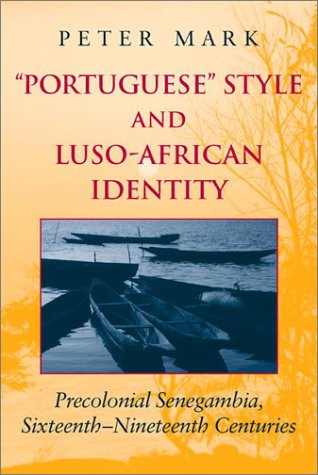

Most ebook files are in PDF format, so you can easily read them using various software such as Foxit Reader or directly on the Google Chrome browser.
Some ebook files are released by publishers in other formats such as .awz, .mobi, .epub, .fb2, etc. You may need to install specific software to read these formats on mobile/PC, such as Calibre.
Please read the tutorial at this link: https://ebookbell.com/faq
We offer FREE conversion to the popular formats you request; however, this may take some time. Therefore, right after payment, please email us, and we will try to provide the service as quickly as possible.
For some exceptional file formats or broken links (if any), please refrain from opening any disputes. Instead, email us first, and we will try to assist within a maximum of 6 hours.
EbookBell Team

5.0
98 reviewsIn this detailed history of domestic architecture in West Africa, Peter Mark shows how building styles are closely associated with social status and ethnic identity. Mark documents the ways in which local architecture was transformed by long-distance trade and complex social and cultural interactions between local Africans, African traders from the interior, and the Portuguese explorers and traders who settled in the Senegambia region. What came to be known as ''Portuguese'' style symbolized the wealth and power of Luso-Africans, who identified themselves as ''Portuguese'' so they could be distinguished from their African neighbors. They were traders, spoke Creole, and practiced Christianity. But what did this mean? Drawing from travelers' accounts, maps, engravings, paintings, and photographs, Mark argues that both the style of ''Portuguese'' houses and the identity of those who lived in them were extremely fluid. ''Portuguese'' Style and Luso-African Identity sheds light on the dynamic relationship between identity formation, social change, and material culture in West Africa.